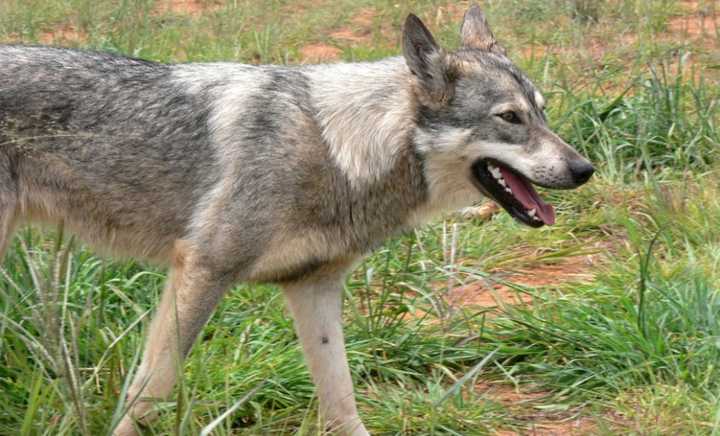Wolcott Animal Control issued an alert on Saturday, Nov. 2, cautioning pet owners not to let dogs or other pets outside alone without a leash following the latest attack on Idlewood Road.
Officials said the owner of the dog was able to stave off the coyote and scare it away. The dog is expected to survive injuries sustained in the attack.
“North End of Wolcott please be aware and alert we had a small dog on a leash with it's owner grabbed by a coyote on Idlewood. The owner was able to scare the coyote away and the dog is doing fine!!,” the Wolcott Dog Pound posted on Facebook.
“PLEASE DO NOT LET YOUR DOGS AND CATS OUT ALONE !!!! Please take proper precautions and keep your pets safe !!! Any coyote issues PLEASE report them to DEEP (unless emanate/ sick or injured call Wolcott Animal Control (203) 879-1414.)”
According to the Connecticut Department of Energy and Environmental Protection, coyotes were not originally found in Connecticut, but have extended their range eastward during the last 100 years from the western plains and midwestern United States, through Canada and into the northeastern and mid-Atlantic states.
“Coyotes were first reported in Connecticut in the mid-1950s. For the next 10 years, most coyote reports were from northwestern Connecticut. Coyotes eventually expanded their range throughout the entire state and are now a part of Connecticut’s ecosystem. The coyote is one wildlife species that has adapted to human-disturbed environments and can thrive in close proximity to populated areas.”
Connecticut DEEP noted that “as coyotes have become more common, public concerns about coyotes attacking pets and people, especially children, have increased. Although some coyotes may exhibit bold behavior near people, the risk of a coyote attacking a person is extremely low. This risk can increase if coyotes are intentionally fed and then learn to associate people with food.”
Click here to follow Daily Voice Shelton and receive free news updates.
